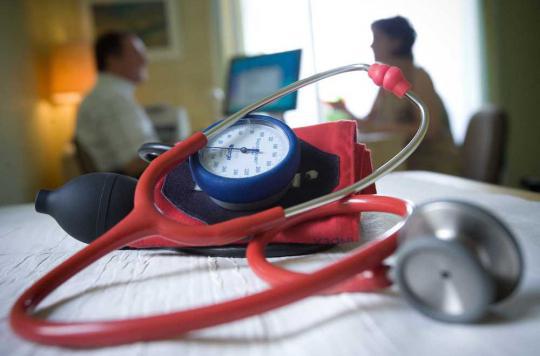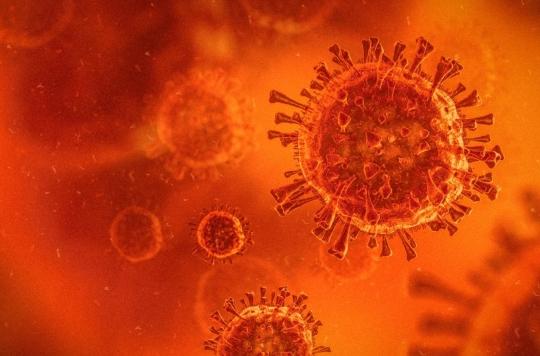INTERVIEW – A decree published in July allows professionals to access the medical file. But the patient can oppose it, recalls the Order of Physicians.

Does a decree published discreetly during the summer undermine the right to medical confidentiality? Published on July 22 in the Official Journal, this text now allows many professionals to access the information contained in a patient’s medical file. In this list, we find osteopaths, chiropractors, psychotherapists, etc.
Even more surprising, the presence of professionals not working in the field of health. This is how childminders and family assistants figure prominently, as well as employees in the living quarters.
Representatives of liberal doctors’ unions expressed concern about the content of the text. They recall that some of these workers are not subject to medical confidentiality and have not taken an oath. Contacted by Why actor, Dr Jean-Marie Faroudja is reassuring for his part. President of the ethics and deontology section of the National Council of the Order of Physicians (CNOM), he explains how this text is beneficial for practitioners and patients.
Will doctors be forced to share these obligations?
Dr. Jeans–Married Faroudja : The decree uses the following formula: “A professional can exchange with one or more identified professionals information relating to the same person receiving care, on condition that they all participate in his treatment and that this information is strictly necessary for coordination or continuity of care, prevention or its medico-social and social follow-up “. There is therefore written “a professional can exchange” and not must exchange. This nuance is very important and answers your question.
Do you find the list of speakers too extensive?
Dr Jean-Marie Faroudja : The doctor does not have to communicate secret information to someone who does not need it for the care of the patient, the continuity of care, etc. As regards professionals who are not in the health sector, I would remind you that they are not subject to medical confidentiality but to professional obligations, some of which must remain secret.
But then again, in some circumstances, sharing information with them can get along. Imagine a child who convulses regularly due to an illness, childminders must have information to know how to react in these situations.
Patient rights are they protected?
Dr Jean-Marie Faroudja : They must always be informed of the exchange of information contained in their shared medical file. But sometimes the agreement will be implied. This can be justified in the context of care within a multidisciplinary health center. In these structures, the care team is often constituted and known to the patient. Except that here again, the patient can oppose these sharing at any time. I remind you that failure to respect medical confidentiality is punishable by one year’s imprisonment and a fine of 15,000 euros.
Why does this decree protect doctors more than before?
Dr Jean-Marie Faroudja : It is first and foremost the patient’s interest that takes precedence in this decree. For example, when a doctor sends his patient to a distant specialist, it is better if he transmits elements of the medical file to this colleague before the consultation. For doctors, these exchanges are now completely legal, which was not always the case before. So it’s more protective than before in terms of responsibility.
Finally, I take one last example to reassure everyone. That of a person who lives alone, elderly, and at home. She is diabetic and on insulin. When a household help comes three times a week with this patient, do you not find it normal for a doctor to tell her: “if you find
MX is on the ground and covered in sweat, give him some sugar water. ”Personally, I think it’s essential.
.
















